who we are
Long before there was a government, there have been – and will always be – places of worship.
Religions for Peace is where the world’s religions join together to ensure that all people enjoy peace, harmony, and prosperity.
We see the world’s challenges and understand they can benefit from an interfaith, innovative, and inclusive response. Our nearly 100 national Interreligious Councils, or “IRCs,” in 6 regions, bring together, not only the vast influence and resources of all faith traditions, but also their spiritual commitment to achieve solutions that leave no one behind.
Religions for Peace’s global movement is distinguished by its global leadership, Interreligious Councils, and interfaith women and youth networks which are working at local, national, and regional levels as changemakers. They respond to challenges – everything from violence and discrimination to environmental degradation – with bold solutions.
We are more than an organisation. For over 50 years, Religions for Peace has been a movement changing the world and challenging the status quo through our mutual conviction that religions are more powerful, inspiring, and impactful when they work together.
See our Strategic PlanOur leadership is comprised of over 100 religious leaders from across the world, who mobilise their diverse religious communities to address global issues.
meet our leadersVision
The world’s religious communities cooperate effectively for Peace.
Since our inception in 1970, Religions for Peace has been guided by a vision of a world where faith communities cooperate effectively for peace. We advance effective interfaith cooperation on global, regional, national, and local levels – ensuring that the diverse religious leaders, communities, and institutions we engage work together in harmony on concrete and inclusive initiatives.
Mission
Religions for Peace advances common action among the world’s religious communities for peace.
Religious communities are the home – the refuge – for many unheard voices. They offer solace to the weak and those left behind across the world. In times of need and crisis, religious communities are often more present and capable in many places than official governments.
Through our various programmes across the globe, Religions for Peace provides a space for people of faith living side by side to work together. Our programmes are diverse yet bound by the idea that the problems of the world are best addressed when we work together.
Religions for Peace brings together different faith groups to fight immediate crises affecting their local communities. In doing so, these different groups organise and create structures to work effectively – laying a path for cooperation and trust. This trust does not disappear when the crisis does, though. Faith communities form lasting relationships, strengthening over time, and binding together those once isolated communities. These paths, laid in times of desperation, persecution, and conflict, become the broad boulevards of future cooperation.
Principles
We are guided by four principles that embody the strength created when religions work together.
- Respect religious differences and seek to honour the identity and community of each religious tradition;
- Leverage the existing spiritual, moral and social assets of the world’s religious communities to act on deeply held and widely shared values;
- Build and/or strengthen representative, sustainable multi-religious mechanisms, co-owned by religious institutions and communities;
- Partner local, national, regional and global multi-religious structures, with governmental, intergovernmental and non-governmental civil society actors.
The International Secretariat is based in Japan, Kenya, Peru, the United Kingdom, and the United States and serves the World Council to enact our Strategic Plan.
Meet our staff Strengths and Comparative Advantages
Strengths and Comparative Advantages
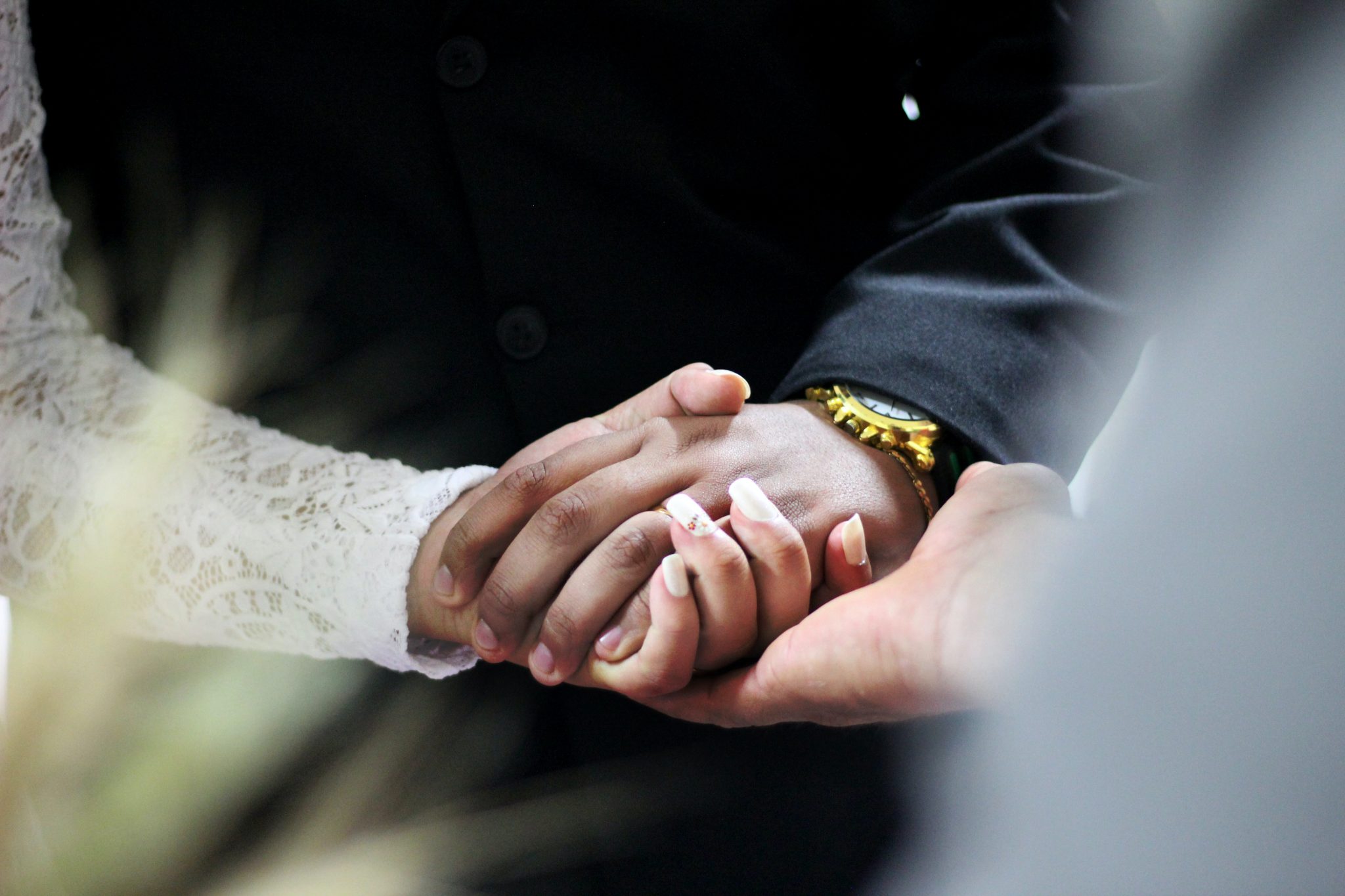

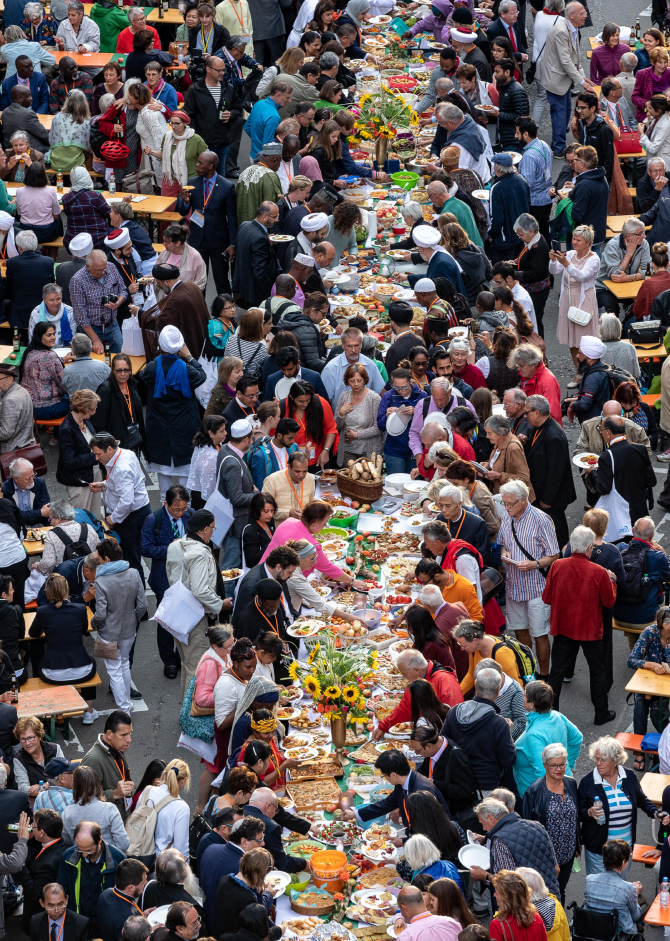
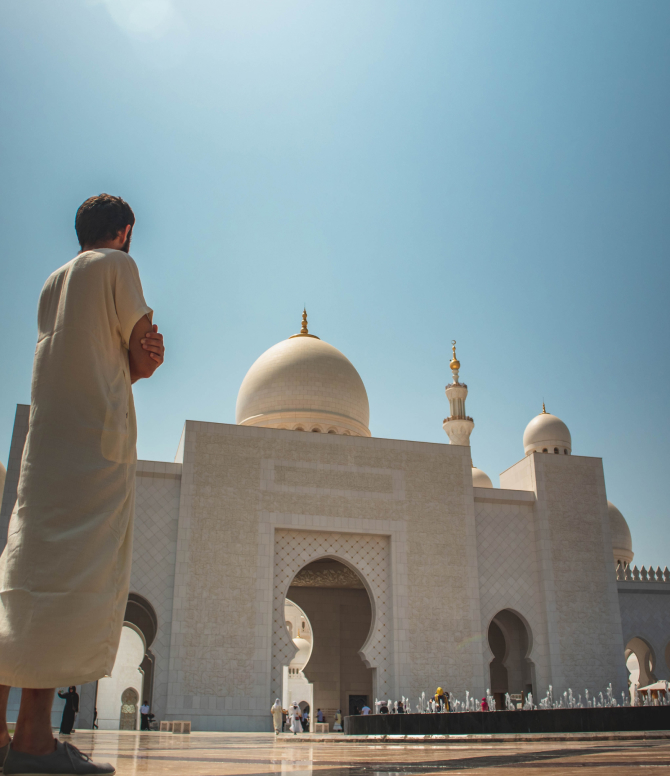
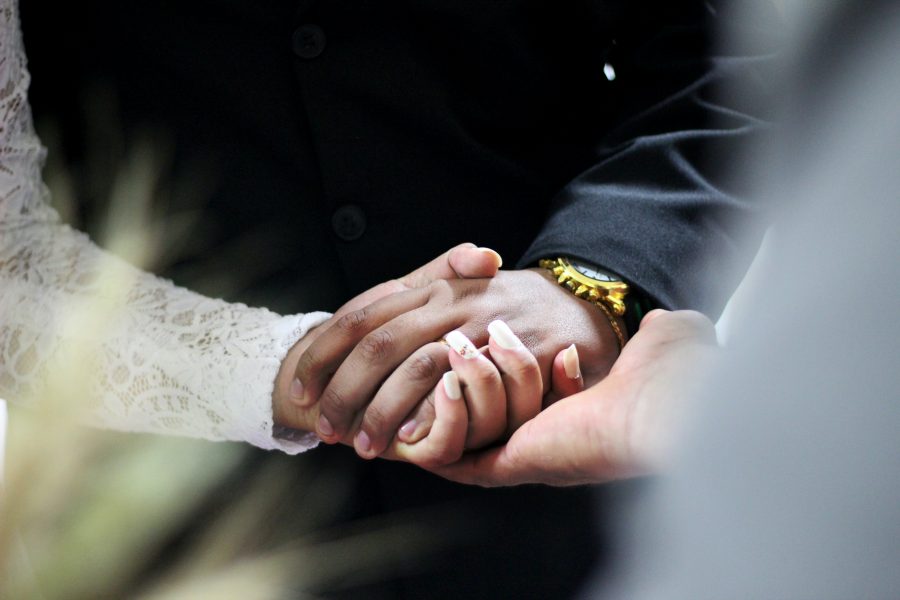
Multi-religious Identity
Religions for Peace’s strength comes from our multi-religious identity. We recognise that multi-religious efforts can be more powerful, more inclusive, and more efficient than the efforts of individual religions acting alone.
That is why our movement brings together different religious communities and traditions. When faiths align to address common challenges, we equip each other for longstanding partnerships and commitment to those we serve.

Interreligious Structures
No single religious community leads Religions for Peace. Instead, representatives from diverse religious traditions make up all our structures and leadership. Inclusive of those at the grassroots to senior-most leaders, our Interreligious Councils provide a platform for cooperation, dialogue, and trust building.platform for common action.
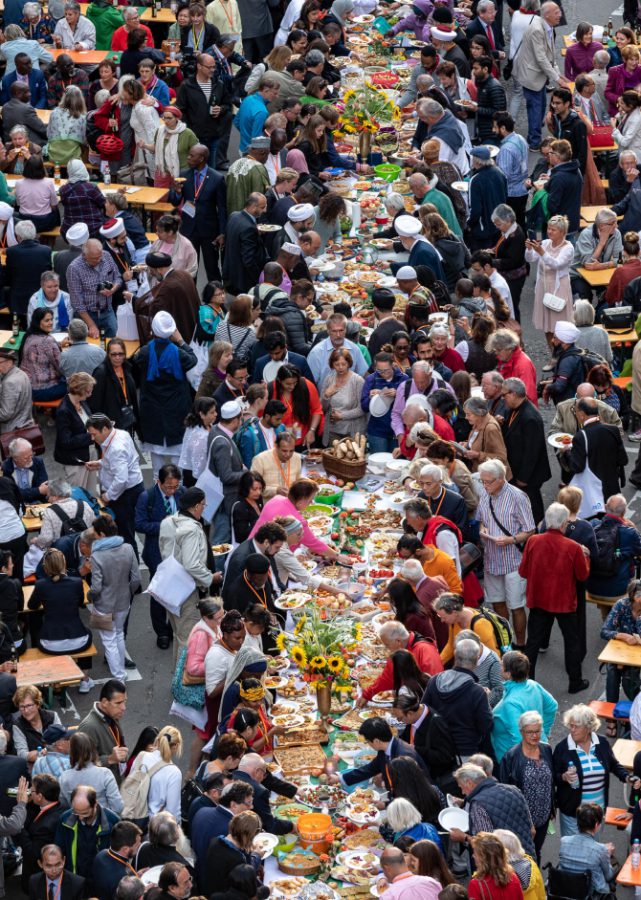
Modus Operandi
Religions for Peace recognises that religious communities should be the main agents of multi-religious collaboration. We engage religious communities through their own representatives, leaders, and networks at all levels.

Legacy of our Movement
Religions for Peace celebrates more than 50 years of bringing together the world’s religions to advance peace, mutual understanding, and security. We serve as an alliance of care, compassion, and love, inspired by our shared values.
For us, peace has always been more than the absence of war or violence. Drawing from five decades of experience and trust-building, our movement has worked both “behind the scenes” and publicly to equip and mobilise diverse religious communities to work together for a more peaceful world.